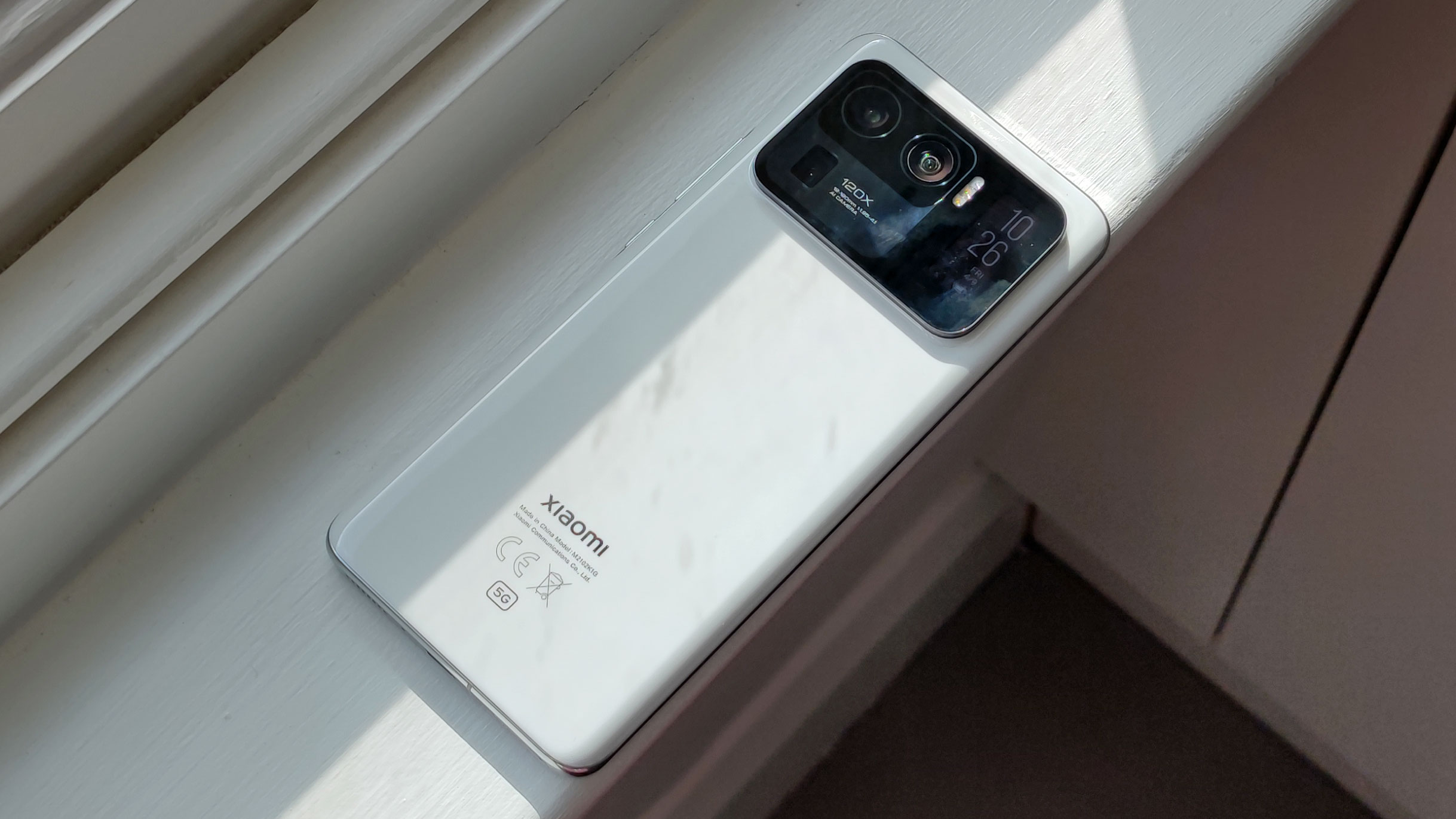Too many megapixels: Xiaomi 12 Ultra could have 200MP camera and more
At least 192,000,000 pixels

Xiaomi can be one of the most innovative phone companies in the world, but that involves equal parts 'groundbreaking new features' and 'weird extras that we don't need' - case in point, the top-end Xiaomi 12 phone might have a 192MP or 200MP camera.
This comes from popular leaker Digital Chat Station, posting on Chinese social media platform Weibo, who said "with a minimum engineering machine is two hundred million pixels." Don't worry, you're not going mad - that's just been poorly machine translated from Chinese. It basically means the phone's camera will be 200MP at least.
How do we know they're referring to the Mi 12 Ultra? Well, the post came after another Xiaomi-related message, and lots of commenters to the post have been discussing Xiaomi as though the initial text confirms it - perhaps there's something in the post that didn't machine translate well.
- These are the best Xiaomi phones
- Check out our Xiaomi Mi 11 Lite review
- The Samsung Galaxy S22 could get a high-res camera too
If you're getting déjà vu right now, we actually reported on a very similar leak in the past, which was also from this source, however that was about the standard Xiaomi 12, not the Ultra. Presumably, the leaker now has new information.
That initial rumor suggested the handset would have a 192MP or 200MP camera, and it's possible the latter spec was just rounded up from the former, and doesn't refer to two separate possibilities.
Digital Chat Station, in the new Weibo post, continues "the other two [members of the Mi 12 range] are large with high end 50mp, 5x periscope with high-quality and high-quality ultra wide-angle super-telephoto" which suggests the Mi 12 and Mi 12 Pro could inherit a similar camera array to the Mi 11 Ultra.
If anything, this rumor adds credence to the idea that one of the Xiaomi 12 series will have a super-high-res camera, though we're still not sure which. Oh, and wondering why we're calling it the Xiaomi 12, not the Xiaomi Mi 12? Well, it's because the company recently changed the way its naming system works.
Sign up for breaking news, reviews, opinion, top tech deals, and more.
Analysis: too many megapixels
There are three key reasons a smartphone brand would use a super-high-res main sensor on its devices - these can and have been used to justify the handful of 108MP cameras several brands use.
Firstly, it takes super-high-res photos that you can subsequently crop down in the editing room to re-frame snaps you take. This doubles for digital zoom, which does the same thing but on the camera UI.
Secondly, it allows for pixel binning. This is when sensor pixels combine to take in more light and therefore take colorful snaps and see better in dark areas - a 108MP allows for 9-in-1 pixel binning to 12MP snaps, and a 192MP snapper would facilitate 16-in-1 binning to 12MP photos.
Thirdly, it gives a phone brand bragging rights and an inflated specs list. A 108MP or 192MP camera would be great for advertising purposes, for letting buyers know 'this is a top-spec phone!', and to differentiate the device from the competition.
Those reasons all work for 108MP snappers, but how many will ring true for a mind-bending 192MP sensor? Only a professional photographer would truly make use of that high-res camera, and it remains to be seen why, or if, general consumers should or would care for such a feature.
Most buyers would presumably care about great post-processing photography software, long-lasting batteries and good-looking displays more than 192MP cameras, but that's not quite how the competitive phone market works. Brands need to constantly be offering more and more, even if it's not strictly useful.
"Who really needs X" has been something people say every time a new device or technology is shown off, though, and such a sentiment rarely ages well. So hopefully Xiaomi could prove to us that 192MP or 200MP really is useful on a smartphone - but until then, we're skeptics.

Tom Bedford is a freelance contributor covering tech, entertainment and gaming. Beyond TechRadar, he has bylines on sites including GamesRadar, Digital Trends, WhattoWatch and BGR. From 2019 to 2022 he was on the TechRadar team as the staff writer and then deputy editor for the mobile team.